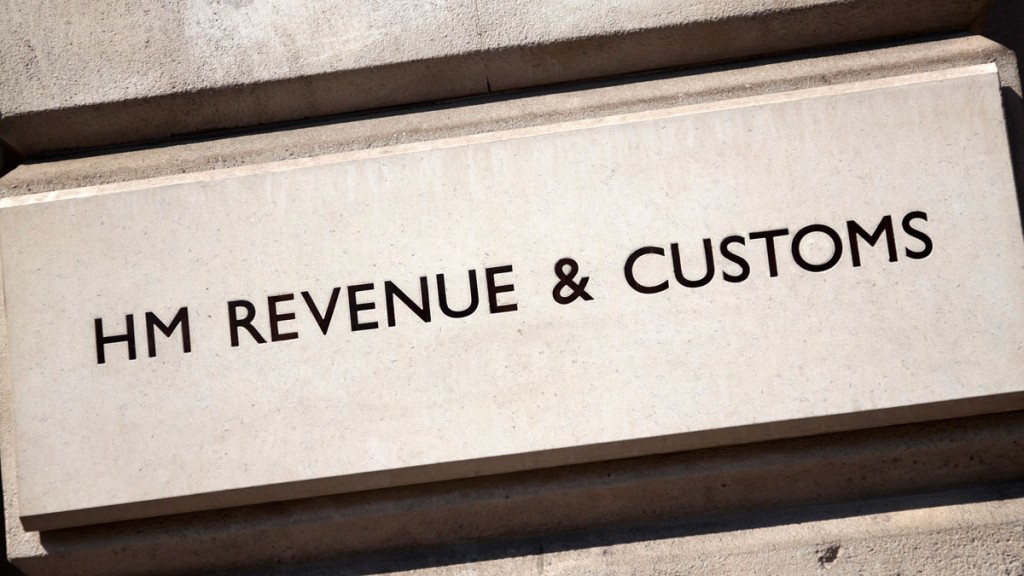
A letter arrives from my bank. I have not filled in a form they sent me. If I don’t do it sharpish they “may be obliged” to report me to HMRC. Nice. The form is all about the Common Reporting Standard (CRS), a new set of rules “designed to create a global standard for the automatic exchange of financial account information” with a view to making tax evasion much harder than it currently is.
So if you are officially a taxpayer in one of the 100-odd countries signed up to the CRS (of which the UK is one – countries – see here for the rest), but have a bank account in another one, the bank in country two is now legally obliged to disclose your account data to its own tax authorities. From next year, those authorities will then automatically forward the information to country one which will check the data against your tax records to make sure there is nothing untoward going on.
There is now to be no escape from the global information exchange machine: anyone resident in the UK will now have all details on all of their overseas assets reported back to the UK and visa versa. I don’t have any accounts outside the UK. But I still have to fill in the form: “the CRS requires all UK banks (by law) to collect and report certain information about an account holder’s tax residence.”
You might think this is all fine. And maybe it is – after all no one likes a tax evader, and if legal structures such as the CRS (and the slightly less extreme US version, Fatca) go some way to making sure everyone pays what they owe, what’s the problem? It might be nothing. Or it might be privacy.
Your information is supposed to be 100% safe: the agreements include terms insisting that all data is to be held and transmitted securely and that it can’t be used for anything except for checking on tax compliance. And there is a mini get-out clause in there too: if one country isn’t confident in the data security of another, they can (technically) refuse to release information.
Feeling confident? Me neither. The CRS might be a great leap forward on the transparency front. But it also very clearly marks the end of financial privacy. Not everyone thinks that matters (“no one cares about privacy any more” a senior Bank of England employee told me a few months ago). We do.